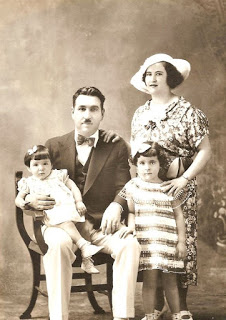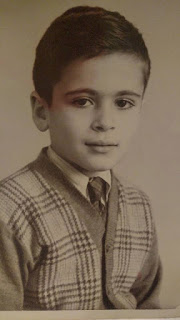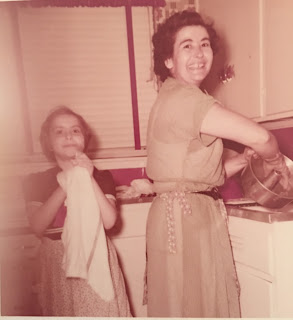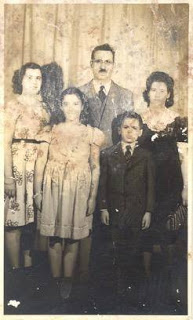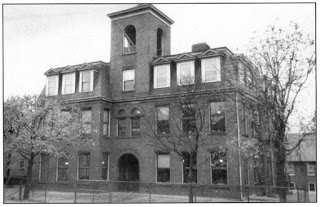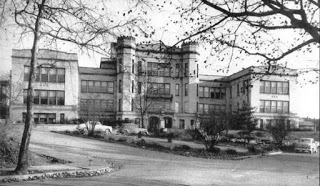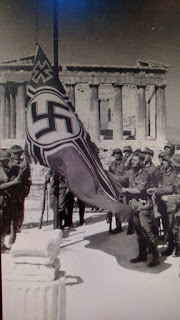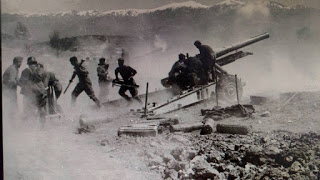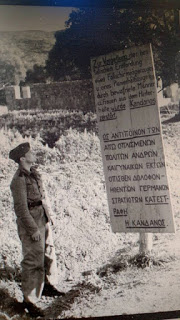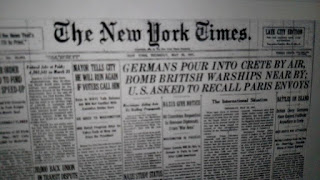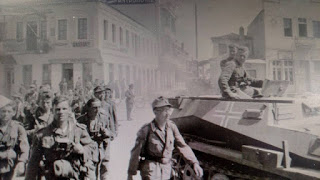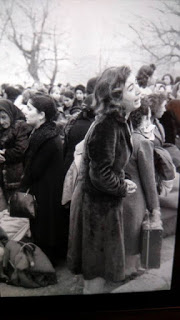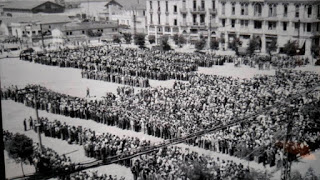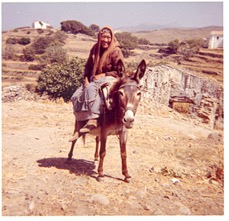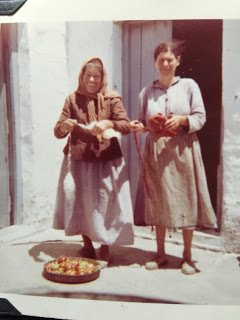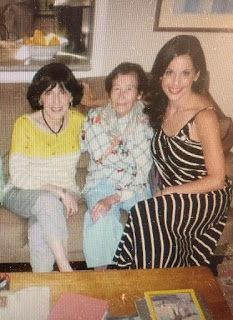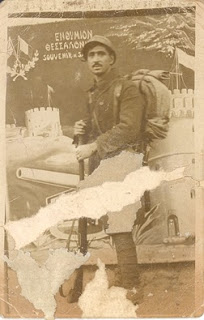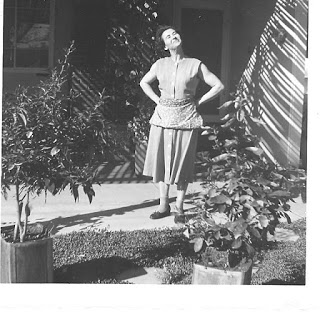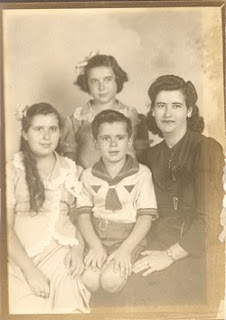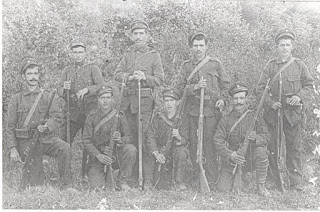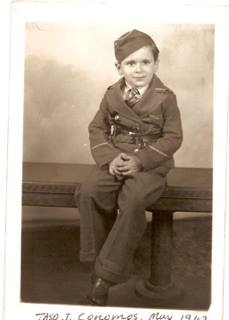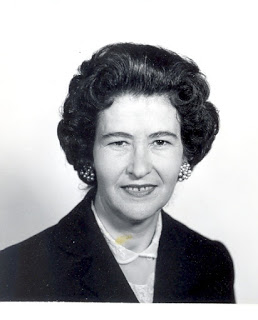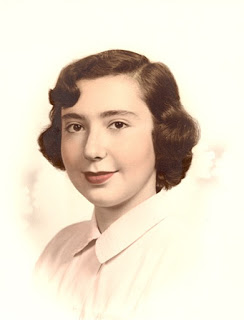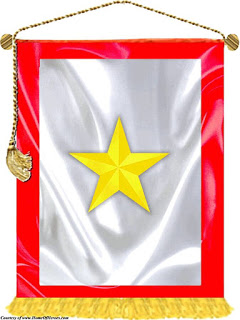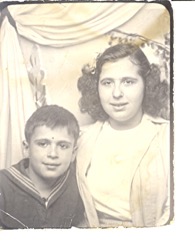In late 1936, hope bloomed once again in my grandparents' little New Kensington, Pennsylvania home. Yiayia gave birth to another baby girl. And in another show of respect to her dear mother, they named her 'Anastasia' - after Yiayia's oldest sister who died as a baby back in Greece. Though their grief was still fresh from losing their own baby Damiani, Anastasia brought much needed solace and joy. That joy multiplied in 1938 with the arrival of my father, Anastasios John Conomos. They named him after my Papou's father in tribute, but would call him "Tasso" from then on.
So with the family circle now complete, life fell into a routine that still often challenged the immigrant family. Nearing the end of the Great Depression, Papou still labored around the clock at 'The Busy Bee' diner. Yiayia saw to the children, especially little Tasso who hobbled around the house in leg braces. And ultimately, she relied on the pluck she'd honed in that tiny Greek village to see them through.
Always enterprising, she once encountered an alley cat toting a fish in its mouth, presumably swiped from a diner nearby. Well in no time, she wrangled the fish from the cat, threw it on the stove and then served it for dinner! At their little home, Greek Orthodox icons - a spiritual guiding light - adorned their walls. American newspapers - a practical learning tool - covered their table. Perhaps together they symbolized Yiayia's greater intent: to create a blend of both American and Greek culture, of new and old country for her family.
And so while she cooked Mediterranean dishes, she spoke both Greek and broken English at home. And she used every trip to church, the market or a neighbor's home to study American culture, then share her insights with the children. But all the while, her heart ached for Greece and the beloved mother and siblings she'd left behind. Yet as always, "such is the life" and so she took on her next challenge -- sending the first of her children to American public school.
When it came my father's turn to enter 1st grade at 'Third Ward School', he would recall Yiayia's zeal for education. In her trademark Greek accent, she proudly told his teacher, "This is my son Tasso. You can spank him anytime." Ever determined, Yiayia would see her children receive the kind of education she never completed in Greece. And that one day little Chrysanthy, Anne, and Tasso would journey to a big school called "college" where boundless opportunities surely awaited. But before that dream could come to fruition, the family would face a new threat. Trouble was brewing overseas. World War II had reached the shores of Yiayia's beloved Greece. And with dread, Yiayia realized the fate of her dear mother and siblings would become one of frightening uncertainty.

